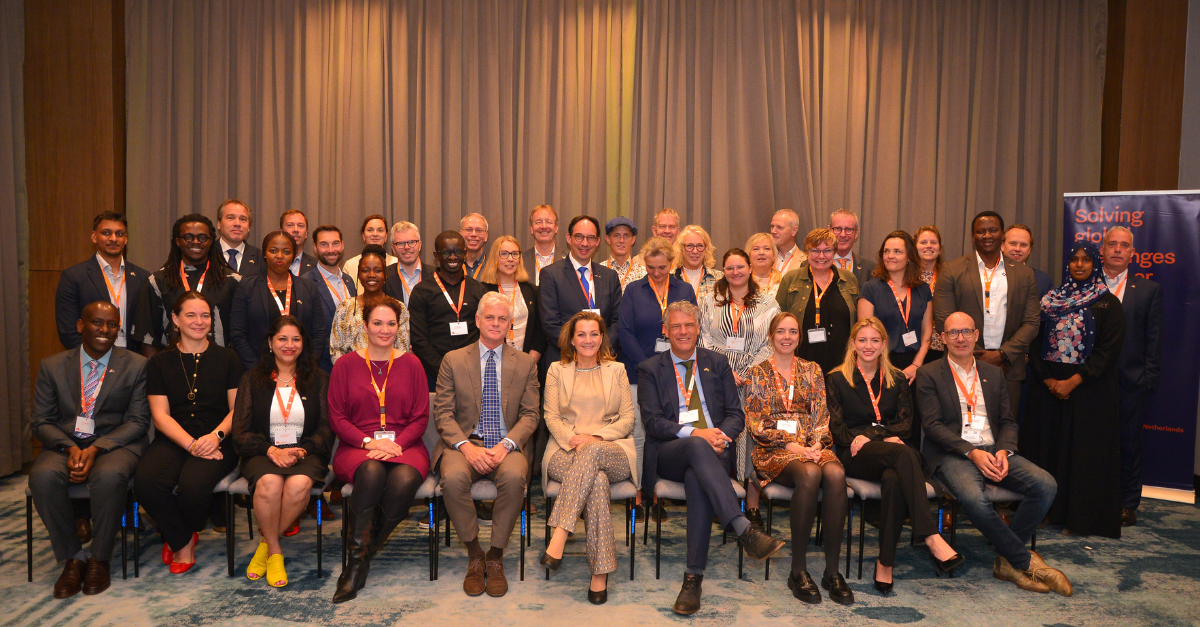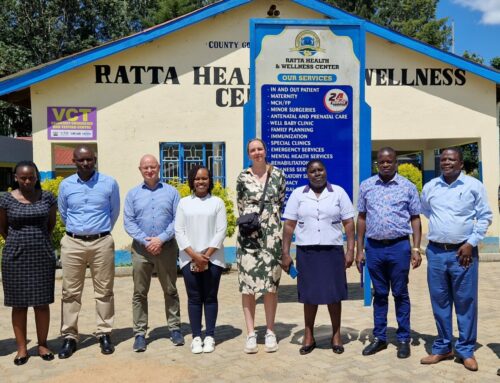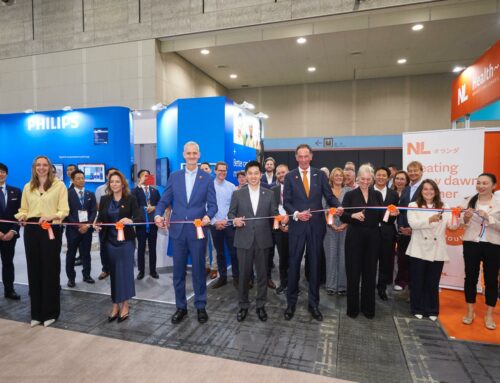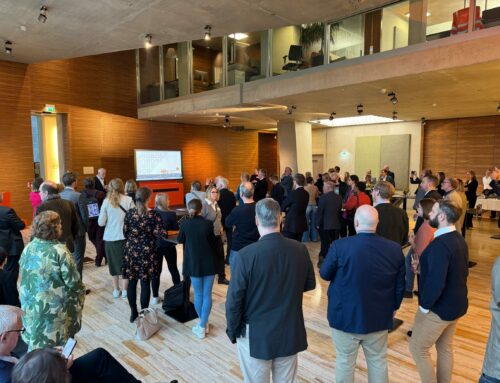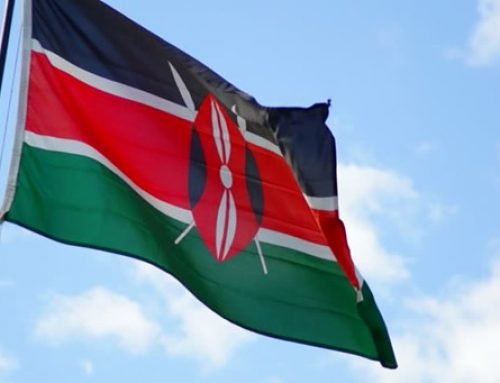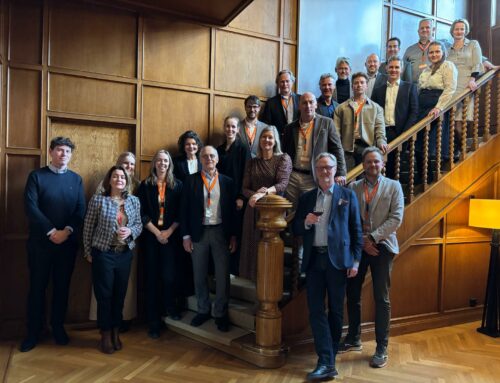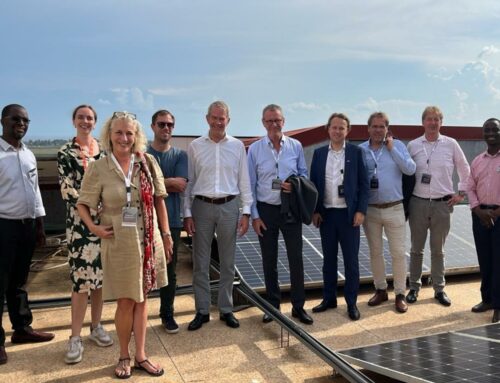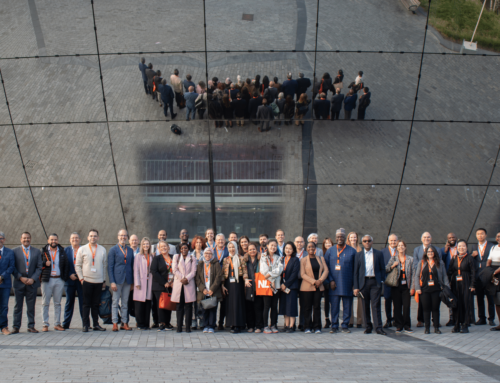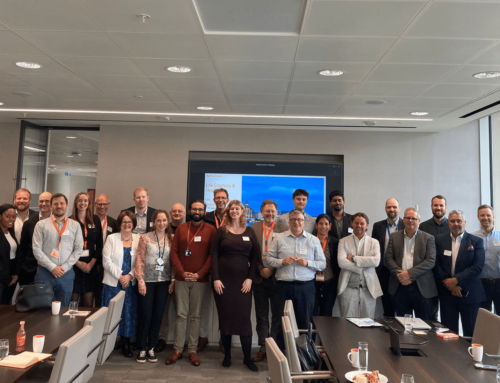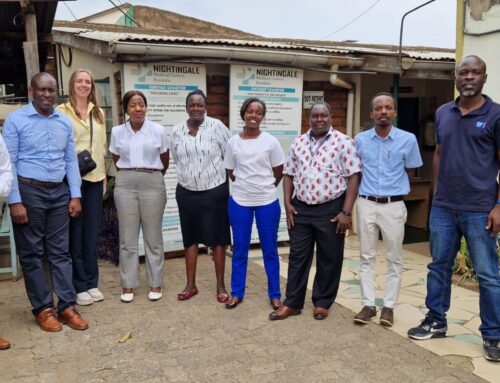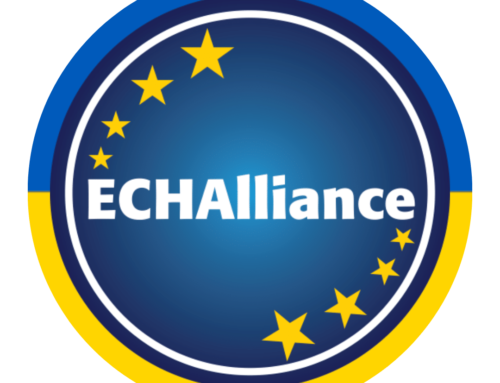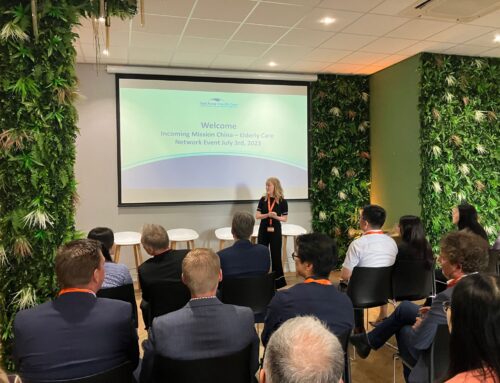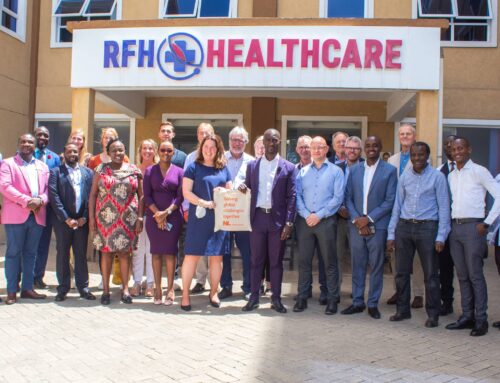Unlocking financing opportunities in the Kenyan Healthcare Market
The “Kenya Healthcare Financing” report delves into the funding landscape essential for supporting Universal Health Coverage (UHC) in Kenya. This comprehensive document aims to assist Dutch healthcare organizations by mapping available international financing instruments, providing insights into funding opportunities, and showcasing relevant case studies within the Kenyan context.
Part of the Combi Track Kenya initiative, led by the Netherlands Embassy in Nairobi and the Netherlands Enterprise Agency (RVO), this report is designed to enhance healthcare access, quality, financing, and infrastructure in Kenya by leveraging Dutch expertise in strategic financing and partnership efforts.
Background & Objective
While Kenya has made significant strides in improving health outcomes, challenges such as structural underfunding, limited insurance coverage, and disparities in healthcare access persist. The report identifies various funding mechanisms and offers insights into public-private partnerships (PPPs) and innovative financing instruments that can bolster the development of healthcare infrastructure and services.
Funding landscape and opportunities
The Kenyan healthcare financing landscape encompasses a diverse array of funding sources, including multilateral banks, international development organizations, and donor governments. Key instruments highlighted in the report include grants, loans, equity investments, and guarantees. Specific programs such as the Dutch Good Growth Fund (DGGF), DRIVE, and Health~Holland initiatives present Dutch companies with valuable opportunities to leverage both private and public sector resources to enhance healthcare delivery in Kenya.
Additionally, the report outlines innovative financing models—such as Results-Based Financing (RBF), Performance-Based Financing (BPF), Public-Private Partnerships (PPP), and Impact Bonds—that align financial incentives with health outcomes, promoting accountability and efficiency in service delivery.
Conclusion and recommendations
The report concludes that while Kenya offers numerous financing options for healthcare projects, accessibility remains a challenge due to complex application procedures and diverse eligibility requirements. To navigate these barriers effectively, Dutch companies are encouraged to establish local partnerships, ensure compliance with anti-corruption measures, and align their projects with national UHC-goals.
Key recommendations:
- Increase knowledge of local systems: Invest in understanding Kenya’s healthcare procurement and compliance systems.
- Engage in capacity building and partnerships: Prioritize collaborations with local entities and capacity-building initiatives to strengthen healthcare delivery.
- Explore blended financing models: Utilize both public and private financing to bridge funding gaps and enhance project sustainability.
- Focus on Long-Term impact and alignment with UHC: Align projects with Kenya’s UHC policy goals to improve funding eligibility and impact.
This report serves as a comprehensive summary of the financing instruments available for organizations aiming to enter the Kenyan market. For more information, you can request the full report via the RVO website: Marktrapport Kenia: Gezondheidszorg en financiering | RVO.nl


